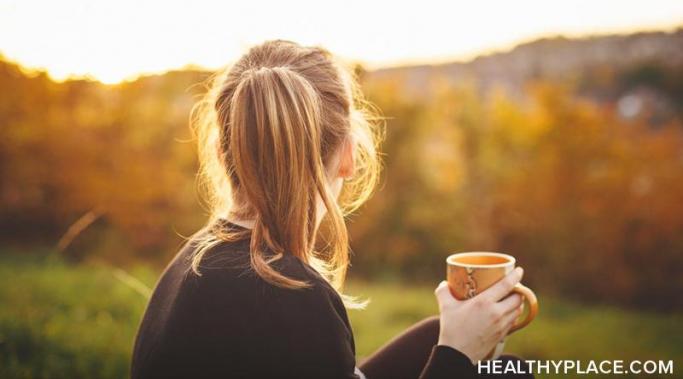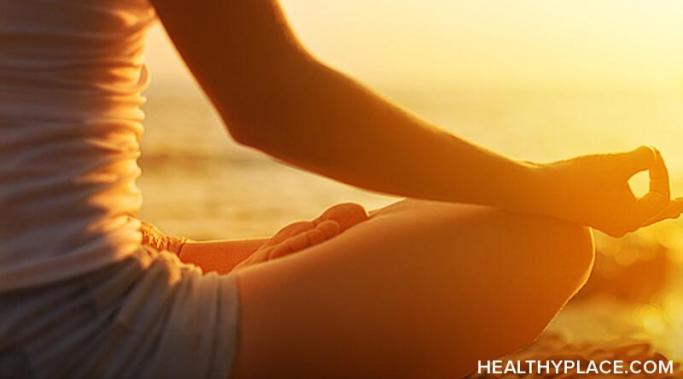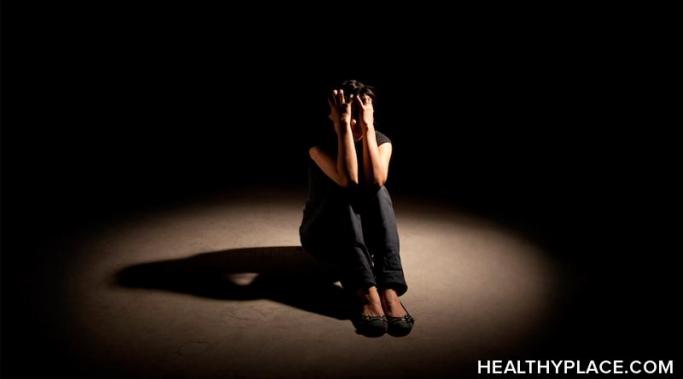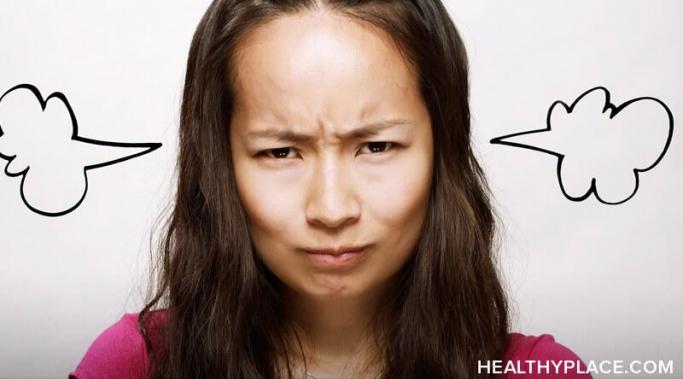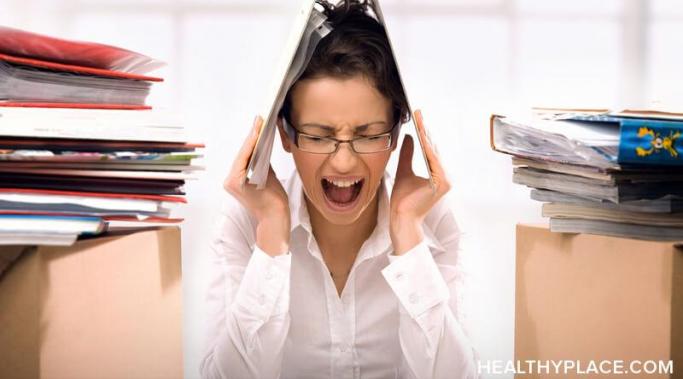Having a structured and strategic morning routine helps me cope with anxiety and anxious thoughts. Starting the day on a positive, calming note sets the tone for the rest of the day. I incorporate specific practices into my morning routine to feel less stressed and happier. Here's how my morning routine helps my anxiety.
Anxiety Treatment – Treating Anxiety
I've learned throughout the years that some foods can make my anxiety worse. I've learned this through education, research, and simply through trial and error. As a result, I've learned to stay away from or at least moderate my intake of certain anxiety-worsening foods and drinks.
I've found that relaxation techniques can help my anxiety. During times of intense anxiety, I regularly experience a racing heart, worried thoughts, and quick breathing. It can leave me feeling helpless and out of control. That's why I find easy relaxation techniques to be so beneficial in helping me regain a sense of calm. More importantly, realizing that I can control my anxiety by using specific techniques has empowered me to feel more capable of managing my worries long-term. Learn more about how I help my anxiety with relaxation techniques.
When you experience social anxiety, it can be challenging to make friends. This can also lead to difficulty in life because, as indicated by research, social connections are important for one's overall wellbeing. However, you can make friends even with social anxiety.
I've been thinking lately about how I stop my panic attacks. Panic attacks can be frightening to deal with when they are happening. As someone who has dealt with panic attacks for as long as I have been dealing with chronic anxiety, I have found that it is important for me to know how to cope when I experience a panic attack and how to stop panic attacks.
I've found exercise can help with anxiety. In my experience, physical activity allows me to release emotions that I am feeling, helps me feel less tense, and helps improve my sleep. Since developing a regular routine, I've noticed my anxiety has been helped by the exercise.
When we experience a stressful situation, we experience a stress response, also known as the fight-flight-or-freeze response. How we respond depends on several factors, but I’ve found that I often freeze in stressful situations. Because of this, I’ve had to learn ways to unfreeze to help me move forward in certain circumstances.
Now, I've learned how to keep my anxiety from hurting others. There was a time when I was a lot younger that I was easily agitated and often angry. What I realized later on in life was that this was related to my anxiety. I often found myself experiencing these intense feelings that I couldn't quite express, and unfortunately, I couldn't quite find an outlet for them either. As a result, I found that I would often express these feelings to others. Things are different for me now, though, as I work to keep my anxiety from affecting others.
I've noticed that slowing down helps my anxiety. When I am extremely busy, the pressures of having a demanding schedule and multiple deadlines begin to weigh on me and contribute to my anxiety. The busier my schedule gets, the more I feel anxious daily. Unfortunately, this becomes evident as I start having a hard time sleeping, concentrating, and focusing on day-to-day responsibilities. In these situations, I need to help my anxiety by slowing down.
I've found that grief and anxiety go together alongside the feelings of sadness, anger, regret, loneliness, and depression. However, in my education and throughout what I have learned, the relationship between grief and anxiety was not usually addressed.
